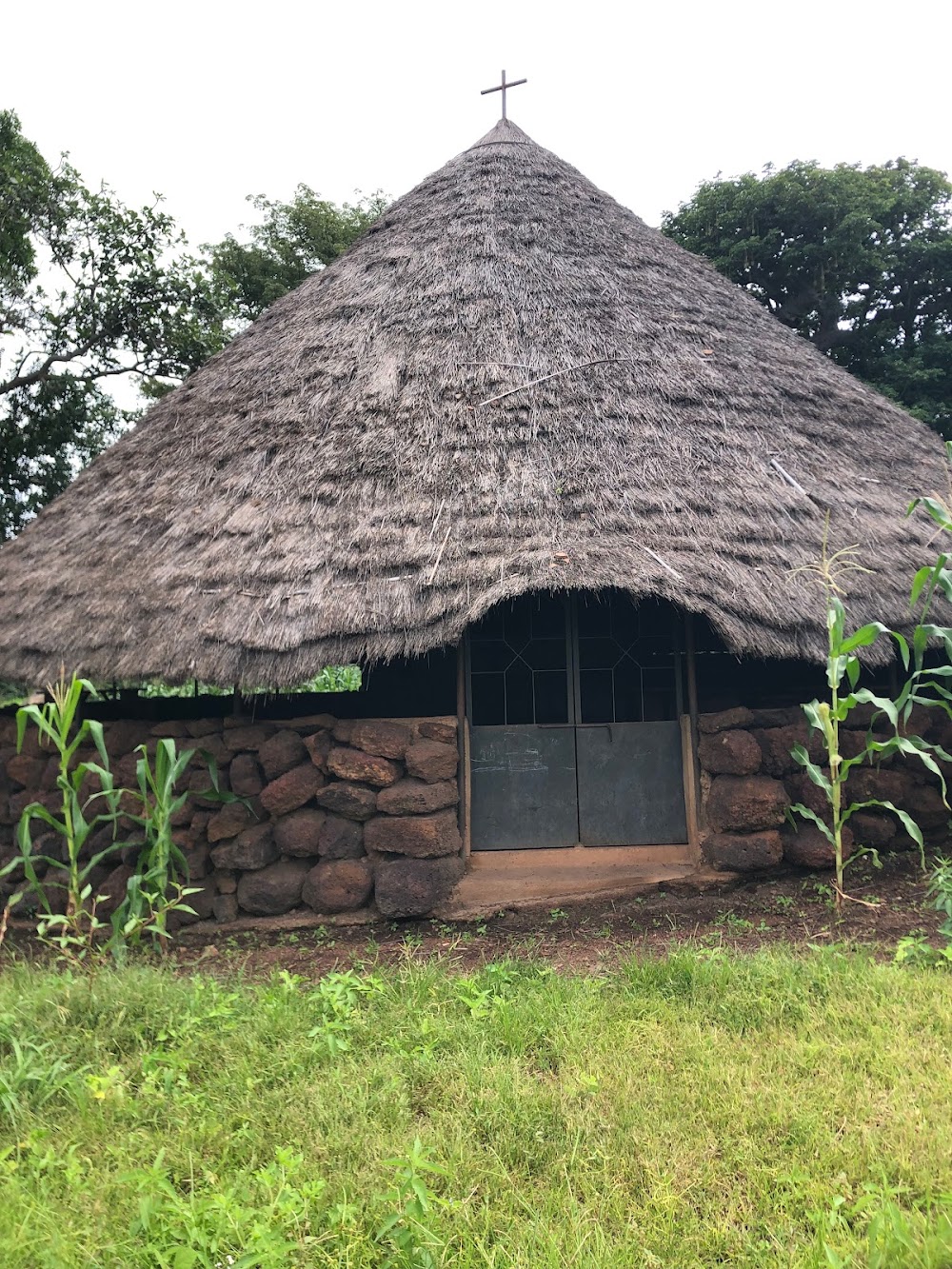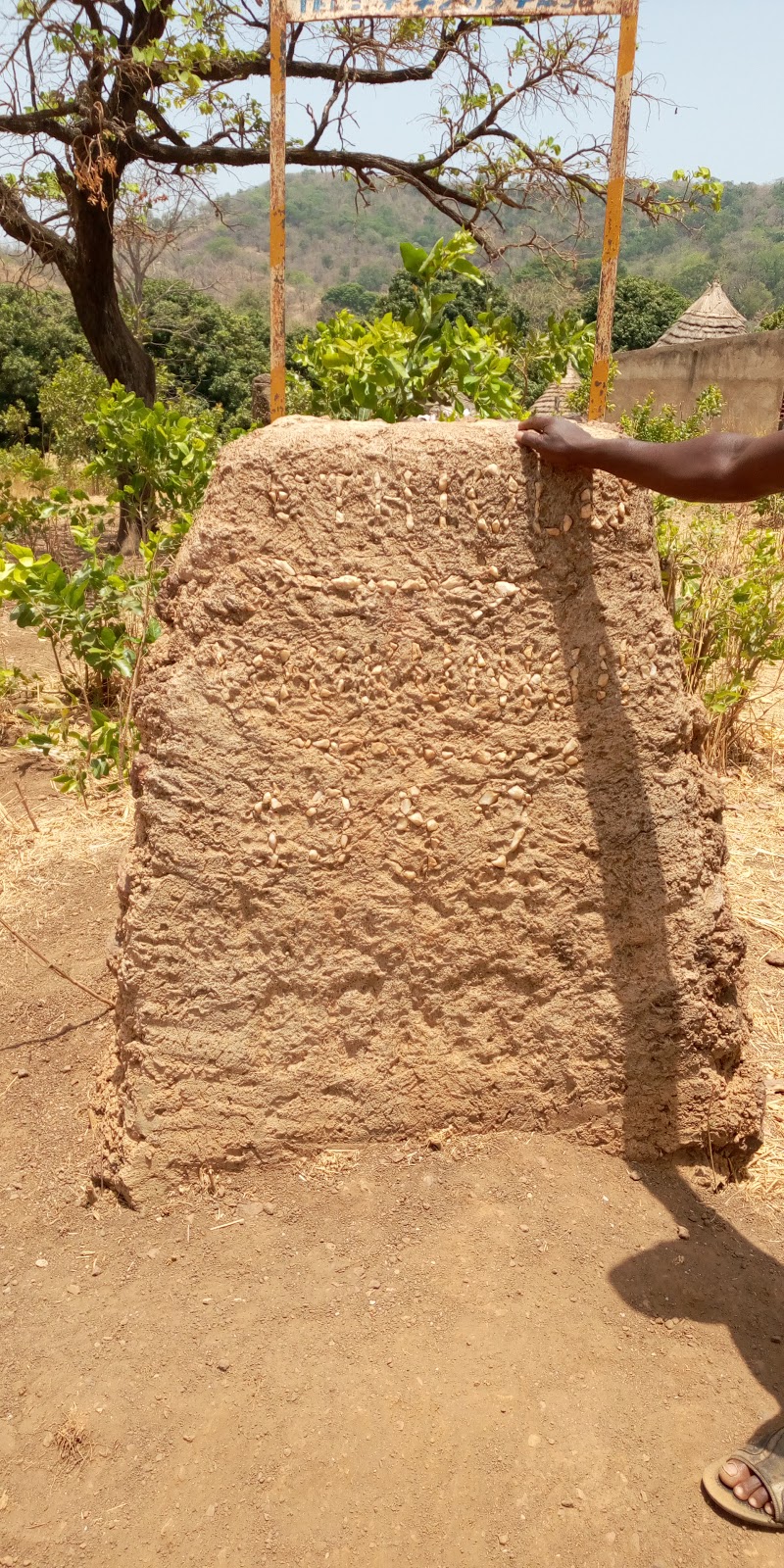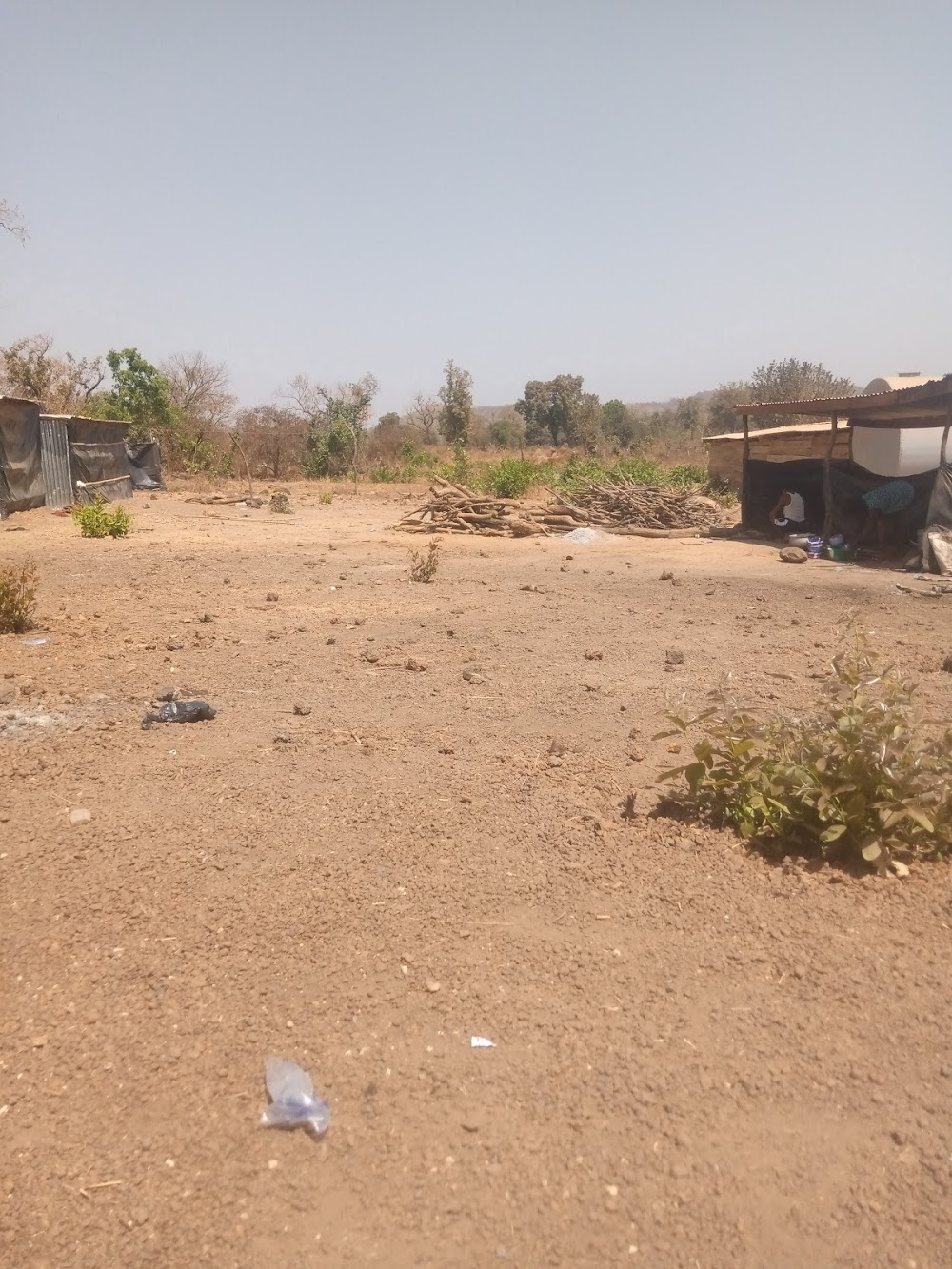Iwol Village (Village d'Iwol)
Overview
Iwol is a charming village nestled in the stunning Kédougou region of Senegal, right in the heart of the African continent. Renowned for its cultural depth and breathtaking landscapes, Iwol is primarily inhabited by the Bedik people, an ethnic group celebrated for their unique customs and traditions. This picturesque village invites visitors to experience the richness of African heritage.
The village is strategically perched atop a mountain, a location chosen by the Bedik people centuries ago for its natural protection against potential invaders and wild animals. This elevated position not only ensures safety but also fosters a sense of community within the rugged terrain, making Iwol a secluded haven where traditions can flourish.
The architecture of Iwol is a testament to the ingenuity of traditional building methods. Houses are constructed using locally-sourced materials such as mud, wood, and straw. The walls, made from a mixture of mud and water, are left to dry and harden under the sun, creating a practical and sustainable living environment that regulates indoor temperatures efficiently.
The roofs are skillfully thatched with layers of straw and grass, providing excellent insulation against the elements. This meticulous thatching technique ensures that homes remain waterproof and durable. The entire construction process is a community endeavor, with villagers coming together to build or repair homes, reinforcing their strong communal bonds.
Beyond its fascinating architecture, Iwol is alive with vibrant community life. The Bedik people are known for their colorful ceremonies and festivals, the most notable being the initiation ceremony for young men, which marks their transition into adulthood. This celebration is filled with traditional dances, lively music featuring drums and flutes, and the sharing of rich folklore that has been passed down through generations.
The village operates under a system of governance led by local chiefs and respected elders who mediate conflicts and make decisions for the community. These leaders play a vital role in ensuring that Bedik customs and traditions are preserved and honored, passing them on to future generations.
Agriculture serves as the primary livelihood for the villagers, with the fertile soil around the mountain providing ideal conditions for growing crops such as millet, maize, and beans. Farming is often a communal activity, with villagers collaborating to plow and sow fields, which fosters a strong sense of unity and cooperation.
While access to modern amenities in Iwol is limited, this helps maintain its traditional way of life. However, progress is being made with the establishment of essential services like a small clinic and a primary school, often supported by non-governmental organizations and international aid to address the community's basic needs.
Iwol is also emerging as a popular eco-tourism destination. Visitors are drawn to its serene environment and the opportunity to engage in unique cultural experiences. Guests can immerse themselves in the daily lives of the villagers, participate in local festivals, and enjoy guided hikes up the mountains, where they can take in stunning panoramic views of the surrounding landscapes.
The story of Iwol is one of resilience and cultural preservation. Despite facing the pressures of modernity, the village continues to uphold its traditional lifestyle and thrive. Through communal living, sustainable practices, and a rich cultural heritage, the people of Iwol exemplify a remarkable coexistence with nature while keeping their ancestral traditions alive.






